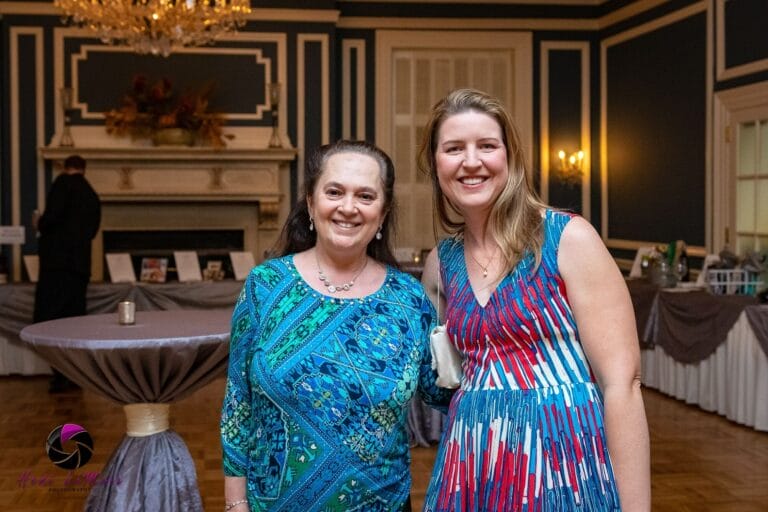
Help is available for students with disabilities
A few months before his 30th birthday, David Meyer was diagnosed with attention-deficit/hyperactivity disorder, and a weight was lifted from his shoulders. The diagnosis offered David a key to understanding his previous challenges in higher education. It reignited his determination to enroll at the University of Wisconsin–Madison, where he completed his degree in May.
It can be difficult to return to college as an adult under any circumstance but especially if you have a disability. In addition to challenges faced by many returning adult students — including balancing school with family, job and other responsibilities — students with disabilities may have added concerns about navigating campus and accessing accommodations, among others.
The good news is that federal law requires public and private schools to provide reasonable accommodations to students with a variety of disabilities, from physical disabilities to non-apparent learning disabilities and mental and chronic illnesses. If you have a disability and are considering a return to college, here are a few tips to keep in mind:
Research available supports
Before you apply, check out the resources available to students with disabilities. At UW–Madison, we are fortunate to have a robust office for students with disabilities in the McBurney Disability Resource Center, which works with more than 4,000 students annually to provide academic and housing accommodations, scholarships and other resources to students with a wide range of disabilities.
Apply thoughtfully
College applicants are reviewed on the merits of their academic records and are not required to disclose any disability. However, suppose you believe your academic record was affected by your disability. In that case, you may want to share it, particularly if you can demonstrate how your academic performance improved once you received related services.
Tap into accommodations early
Once admitted, get in touch with the appropriate office at your institution to apply for accommodations immediately. It can take time to work through the eligibility process, set up accommodations and communicate with academic departments and instructors.
Seek help as needed
If you find yourself struggling, don’t hesitate to reach out to an advisor, learning center or mental health resource on campus, especially if you had a documented disability or an Individualized Education Plan (IEP) as a student in K-12. You may have an undiagnosed disability that is affecting your learning; diagnostic testing may be available to help.
Adult students return to college with various life experiences, including disabilities. If a disability has held you back from applying to college, know that you are not alone and that there are a host of frequently used and widely available resources to help you on your journey.
Above photo: A student takes notes in statistics class on her iPad as a paid notetaker. Peer notetaking is one type of classroom accommodation available to UW–Madison students with disabilities offered by the McBurney Disability Resource Center. Photo by Althea Dotzour / UW–Madison.
The Lifelong Learner is a monthly feature written by UW–Madison’s Continuing Studies staff. Anne Niendorf, a student services coordinator, can be reached at [email protected]. This article first appeared in the Wisconsin State Journal on July 17, 2022.
Published on Jul 19 2022
Last Updated on Jul 10 2024
Categories: Adult Career and Special Student Services, News
Previous Post
Student’s summer internship empowers Madison youth



